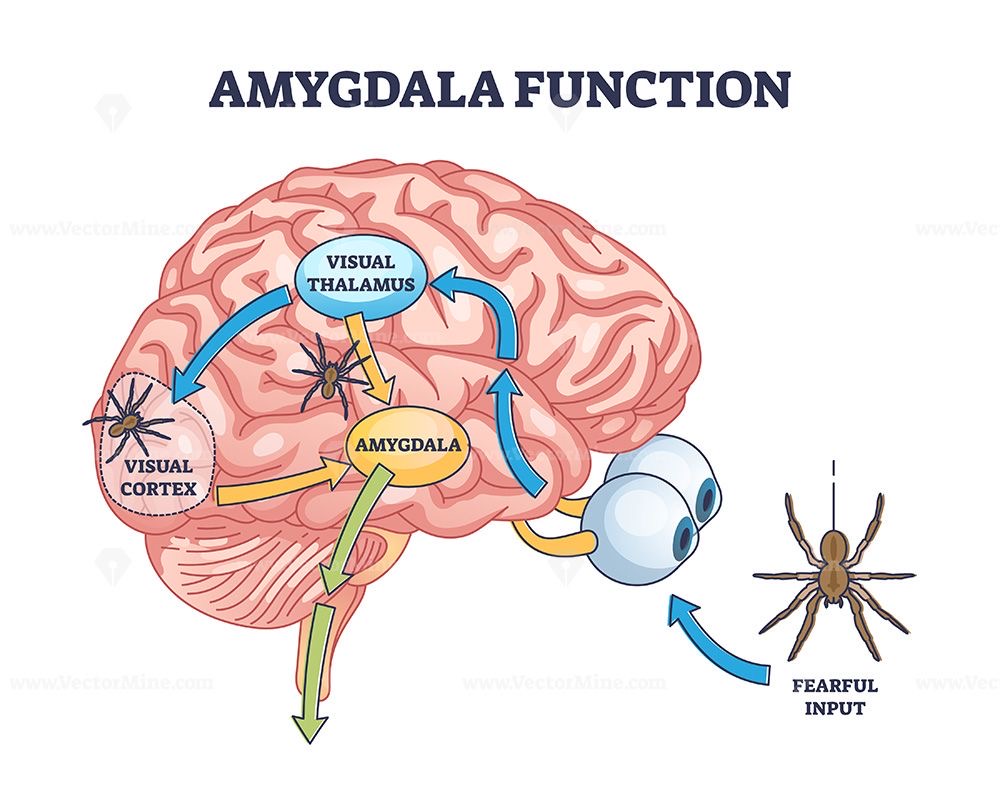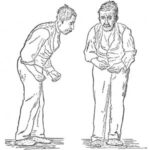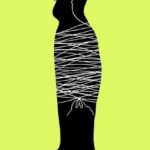When the Past Still Hurts: How Your Amygdala Protects You (Even When You Don’t Realize It)

Somewhere deep in your brain lies a small but powerful structure called the amygdala—your internal alarm system. It’s been quietly recording everything that has ever hurt or scared you, even before you had the words to describe those experiences.
From the time you were a toddler, your amygdala has been on duty, absorbing emotional patterns—especially the painful ones. It doesn’t use language or logic. It simply remembers how something felt. So now, whenever a situation feels even remotely similar to an old hurt, it fires off a signal—straight into your brainstem (the most primitive part of your brain)—to activate your body’s fight-or-flight response.
Your heart starts racing. Your blood pressure rises. You begin to sweat. Your mouth may go dry. And you might not even know why.
For example, if your parents used to yell during arguments, even hearing someone raise their voice across the street could set off that same alarm. Your amygdala doesn’t differentiate between past and present—it simply reacts. In some cases, this can even trigger panic attacks.
What’s more, this all happens outside your conscious control. Your protective ego works hand-in-hand with the amygdala to shield you from what it perceives as danger—even if that danger is no longer real.
And while this response evolved to keep us safe, it can make healing from emotional wounds feel incredibly difficult. Because how do you move forward when your body keeps pulling you back?
The good news is: you can retrain this response.
Practices like meditation, breath-work, and mindfulness calm your nervous system and gently teach your brain that it is safe now. Over time, these tools help you stay grounded and aware, even when your inner alarm gets triggered.
So the next time your body overreacts to something small, remember: it’s not weakness—it’s your brain trying to protect you.
The key is not to fight it, but to support it.
With care and calm,
Your biggest supporter (after yourself).



Comments (0)